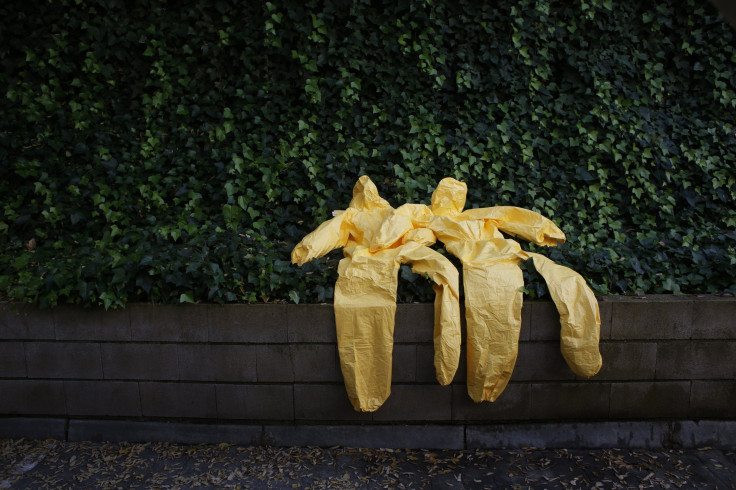World Health Organization Delayed Declaring Ebola An Emergency For 2 Months: Report

The World Health Organization (WHO) had avoided declaring Ebola as an international emergency for about two months partly due to political reasons since the outbreak of the disease started last year, documents and internal emails obtained by the Associated Press (AP) showed. The organization had earlier accepted that it was slow in its response to the disease, which has killed over 10,000 people so far. It had blamed the contagious and mutating nature of the virus for the outbreak.
Senior staff in Africa had proposed announcing the disease as an emergency in June. However, WHO had waited until August to do so, AP reported Friday, citing the documents. The organization was concerned that the announcement of an emergency could upset the countries involved, interfere with their mining interests or restrict the Muslim pilgrimage to Mecca in October.
Dr. Sylvie Briand, who runs WHO's pandemic and epidemic diseases department, had said in an email sent to a colleague on June 5 that declaring an emergency was “a last resort,” AP reported. "It may be more efficient to use other diplomatic means for now."
WHO Director-General Dr. Margaret Chan was sent a memo five days later, which stated that cases may start to appear in Mali, Ivory Coast and Guinea Bissau. However, the memo reportedly said that declaring the disease as an international emergency or arranging a committee to discuss it "could be seen as a hostile act."
Michael Osterholm, an expert on infectious diseases at the University of Minnesota, said: "That's like saying you don't want to call the fire department because you're afraid the trucks will create a disturbance," AP reported.
In mid-April, Jean-Bosco Ndihokubwayo, an experienced Ebola expert in WHO’s Africa office, had alerted Geneva saying that many employees at a leading hospital in Guinea had been exposed to the deadly virus. "What we see is the tip of an iceberg," Ndihokubwayo had said in an email, according to AP, writing in all caps: "WE NEED SUPPORT."
Dr. Joanne Liu, the international president of Doctors Without Borders, said that she had been lobbying with Chan to announce the spread of the virus as an emergency. "You have the legitimacy and the authority to label it an emergency," Liu allegedly told Chan at a July 30 meeting in Geneva, according to AP, adding: "You need to step up to the plate."
The organization finally announced the spread of Ebola virus as an international emergency on Aug. 8 last year. However, by that time nearly 1,000 people had succumbed to the virus. Following the announcement, the U.S. had announced that it would send about 3,000 troops to West Africa, which had been affected the most, to help contain the disease and promised to build over a dozen 100-bed field hospitals. The U.K., France and Australia also promised to build clinics, send troops to West Africa and pledged millions to help fight the disease.
Dr. Bruce Aylward, WHO's Ebola response leader, said, according to AP, that he could not pinpoint whether declaring Ebola as an international emergency would have made a difference. "Had we declared it earlier, it is very, very difficult to say how perceptions would have affected the response," he said.
© Copyright IBTimes 2025. All rights reserved.






















